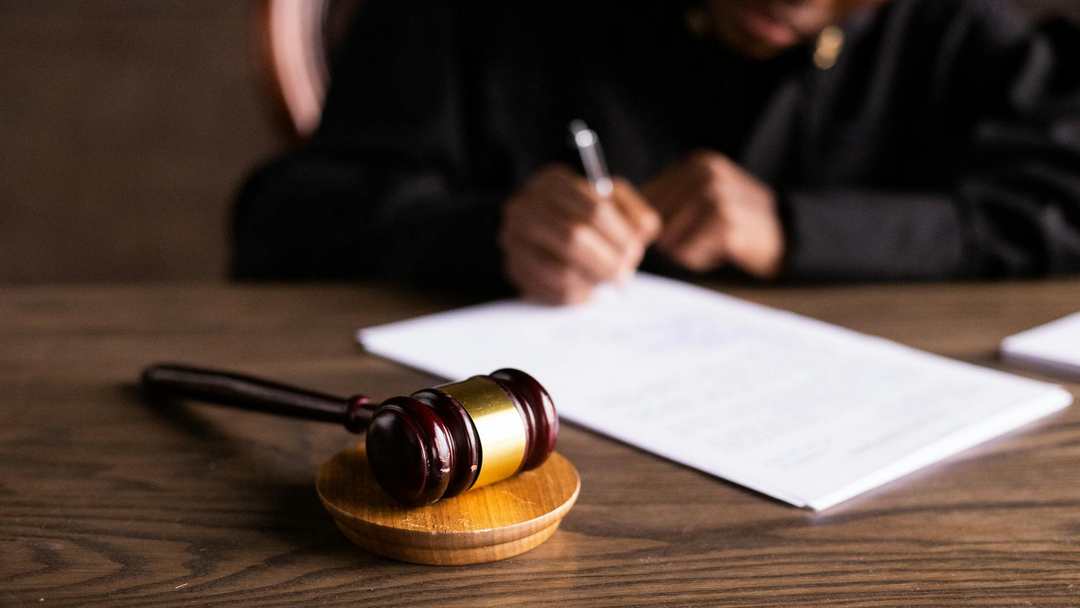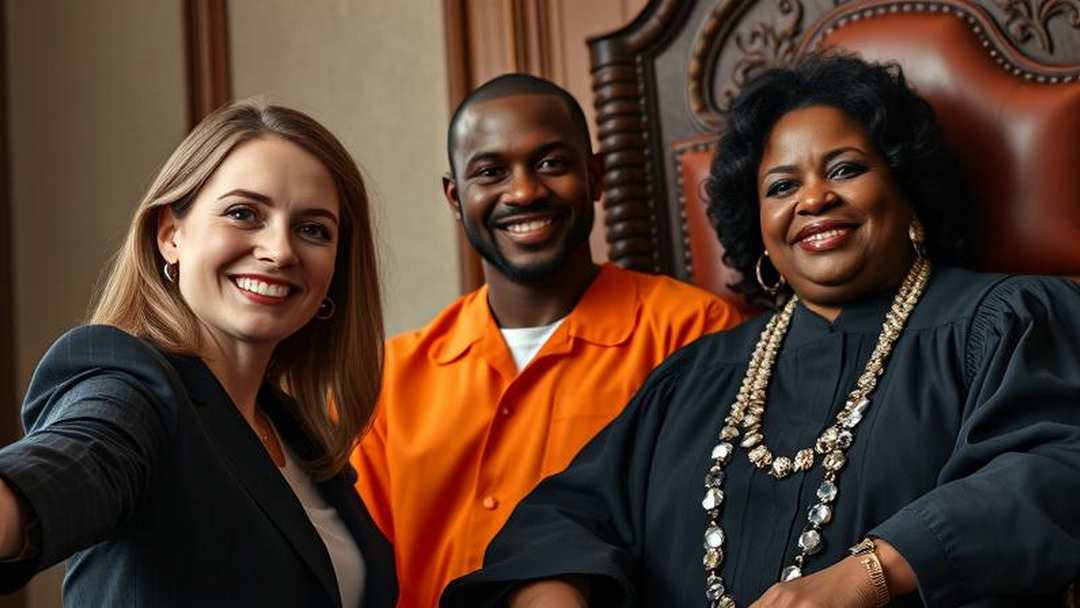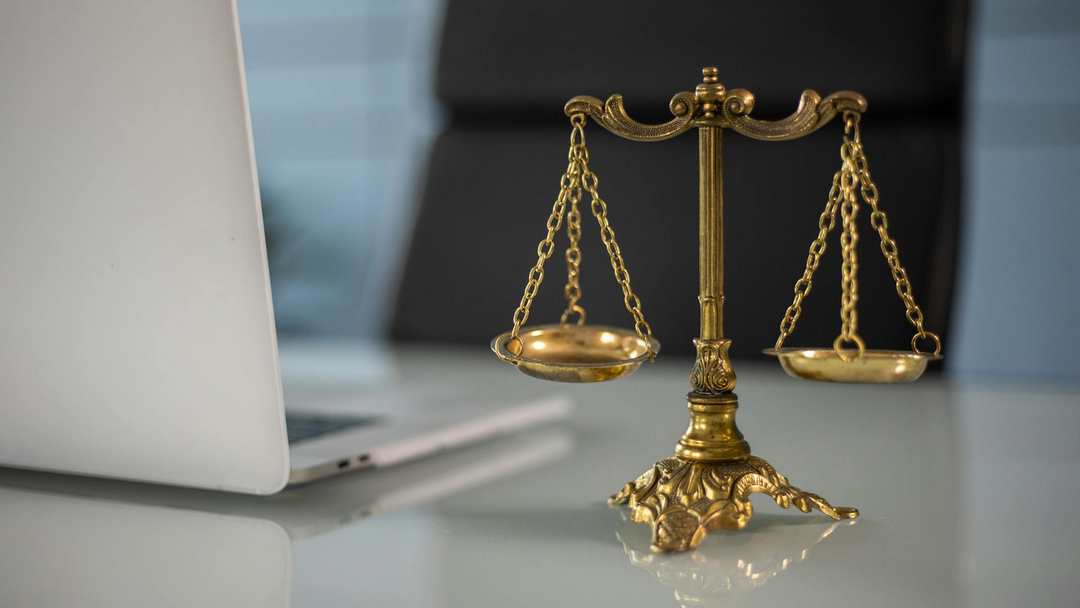Probation and Sentencing Law Changes in Michigan (2021)
Recently, Michigan implemented significant reforms in their criminal justice system, impacting both misdemeanor and felony sentencing as well as probation.
If you or someone you care about is currently on probation or has recently faced criminal charges, it is crucial to seek guidance from an experienced criminal defense attorney. Call our office (248) 357-2550
Rebuttable Presumption
Michigan law now provides a rebuttable presumption that someone convicted of a misdemeanor, other than a serious misdemeanor, must be sentenced to a fine, community service, or other nonjail or non-probation sentence.
A court may depart from this presumption if the court finds there are reasonable grounds for the departure and the court states on the record the grounds for that departure. In other words, the court is now prohibited by law from sentencing someone convicted of a non-serious misdemeanor to probation unless the court explains on the record at sentencing why it is sentencing that person to probation and that reason is considered “reasonable.”
A “serious misdemeanor” includes assault and battery, domestic violence, aggravated domestic violence, assault with serious injury, breaking and entering, illegal entry, child abuse (4th degree), contributing to neglect or delinquency of a minor, prohibited communication through the internet or computer, intentional firearm aiming without malice, discharge of a firearm intentionally aimed at a person, discharge of an intentionally aimed firearm resulting in injury, indecent exposure, stalking, worker injury in a work zone, leaving the scene of an accident, drunk or drugged driving (OWI or OWVI) involving property damage or physical injury/death to another individual (including while operating a watercraft or boat), and selling alcohol to someone under 21 years old.
The new law alters the sentencing period for individuals convicted of misdemeanors and felonies. In general, most felonies now carry a maximum probation term of 3 years, with the possibility of extensions up to 5 years. However, there are exceptions for felony stalking and certain sex offenses, which may still result in lifetime probation.
It is crucial that the conditions of probation are carefully tailored to address the assessed risks and needs of the probationer, as well as the needs of any victims involved. Courts are now obligated to specify the “rehabilitation goals” for each defendant during sentencing.
The conditions of probation must be customized to the individual, address their assessed risks and needs, aim to reduce recidivism, and address the harm caused to victims, their safety concerns, and any requests for protective measures or restitution. Courts also have the authority to make appropriate adjustments to the probation conditions, always considering the specific rehabilitation goals.
Early Discharge of Probation
If you have completed over half of your probation term and met all required programming without any violations in the past three months, you may be eligible for early discharge from probation.
You can notify the probation department or file a Motion for Early Discharge of Probation to request early discharge, and the court may consider it at its discretion. Inability to pay fines or fees does not make you ineligible for early discharge, but the court must consider any outstanding restitution and its impact on the victim.
The court will review your behavior on probation to determine if early discharge is warranted. They may grant early discharge without a hearing, but if they find that it is not warranted, they will conduct a hearing for you to present your case.
Certain crimes are not eligible for early discharge from probation. If your probation officer does not notify the court of your eligibility, contact a criminal defense attorney. Thorough preparation for your early discharge hearing is crucial, and an experienced attorney can guide you through the process.
The Court Should Not Impose a Jail Term or Place the Person on Probation
When sentencing an individual to a misdemeanor, there is a rebuttable presumption that the court should not impose a jail term or placed the person on probation. MCL 769.5(3).
Except “serious misdemeanors” as defined by MCL 780.811(1)(a).
A serious misdemeanor includes an original offense charged as a “crime” but pleaded down. MCL 780.811(1)(a)(xviii).
Crime is defined as a felony-incarceration greater than 1 year. MCL 789.752(1)(b).
Nonjail/Nonprobationary Sentence
Q: MCL 769.5(3) provides that “[t]here is a rebuttable presumption that the court shall sentence an individual convicted of a misdemeanor, other than a serious misdemeanor, 5 with a fine, community service, or other nonjail or nonprobation sentence.”
The statue was effective March 24, 2021. Is it retroactive?
A: MCL 769.5(3) does not expressly indicate that it is retroactive. Therefore, the court will need to determine whether this statute applies to offenses committed on or after March 24, 2021, or rather to those sentenced on or after March 24, 2021.
Q: What does a nonprobation sentence look like?
A: A nonprobation sentence is any lawful sentence that does not include an order of probation. As contemplated in MCL 769.5(3), this may include a fine, community service, other nonjail, etc. If the court orders a defendant to complete certain activities as part of a nonprobation sentence, the court should determine how it will monitor compliance.
More Posts

What Are Your Rights Before And After Arrest?
What are your rights before and after arrest?Generally, police require a search warrant to lawfully enter any private premises or to search electronic devices such as your phone or computer. If the police do not possess a search warrant, you are under no obligation to...

Michigan Probationers Allowed Medical Marijuana
Yea. We did that...What it is supposed to beOn February 11, 2021, the Michigan Court of Appeals ruled that judges cannot prohibit individuals on probation from using medical marijuana if they are registered patients under the Michigan Medical Marihuana Act (MMMA)....

Public Defenders in Michigan – Qualifications and What They Do
Note: This is what they are supposed to do. Whether they give a damn about you and the outcome is up to the individual attorneyWhat it is supposed to beIn Michigan, public defenders play a vital role in the criminal justice system by providing legal representation to...

New Michigan Laws Going Into Effect 2025
Making laws as fast as possible. Look over here...Not over there.Some of Michigan's new laws in 2025 include minimum wage increases, paid sick time, and automatic voter registration. Minimum wage The minimum wage in Michigan increased to $10.56 per hour on January 1,...

Whitmer’s $3B plan to fix Michigan’s roads calls for more taxes
Same Thing - Different DayWhitmer's $3B plan to fix Michigan roads calls for more corporate, marijuana taxes, taxes at the pump and you can just imagine the ones you don't know about.Michigan Governor Gretchen Whitmer has introduced a comprehensive three billion...

Making terrorist threat or false report of terrorism is free speech?
Making terrorist threat or false report of terrorism is free speech?The US Constitution and Michigan Constitution prohibit the government from making laws that abridge the freedom of speech Summary In the case of People of the State of Michigan v. Michael Joseph...

Washtenaw Prosecutor will not file any criminal charges on you
Washtenaw County Policy Directive 2025-01POLICY REGARDING QUANTITATIVE DRUG CHECKING Introduction The overdose crisis in America has persisted for decades, resulting in profound loss and suffering across the nation. Since 1999, opioid overdoses have tragically taken...

Qualifying for a Public Defender in Michigan
In Michigan, individuals charged with a crime have the constitutional right to legal representation.In Michigan, individuals charged with a crime have the constitutional right to legal representation. For those unable to afford a private attorney, the state provides...

Michigan Record Expungement Information
Am I eligible to apply to expunge a criminal record? Is it automatic?So your new girlfriend has a criminal record and you can't get that apartment together. If that's really what you want to do, then here's some information to get that record expunged. What is an...

Drones – What Drones? Update
Drone story update January 28, 2025 NJ drones 'were authorized to be flown by FAA for research,' Donald Trump says The mysterious drones that captivated New Jersey late last year were not enemy craft, but instead were authorized by the FAA, President Donald Trump said...











